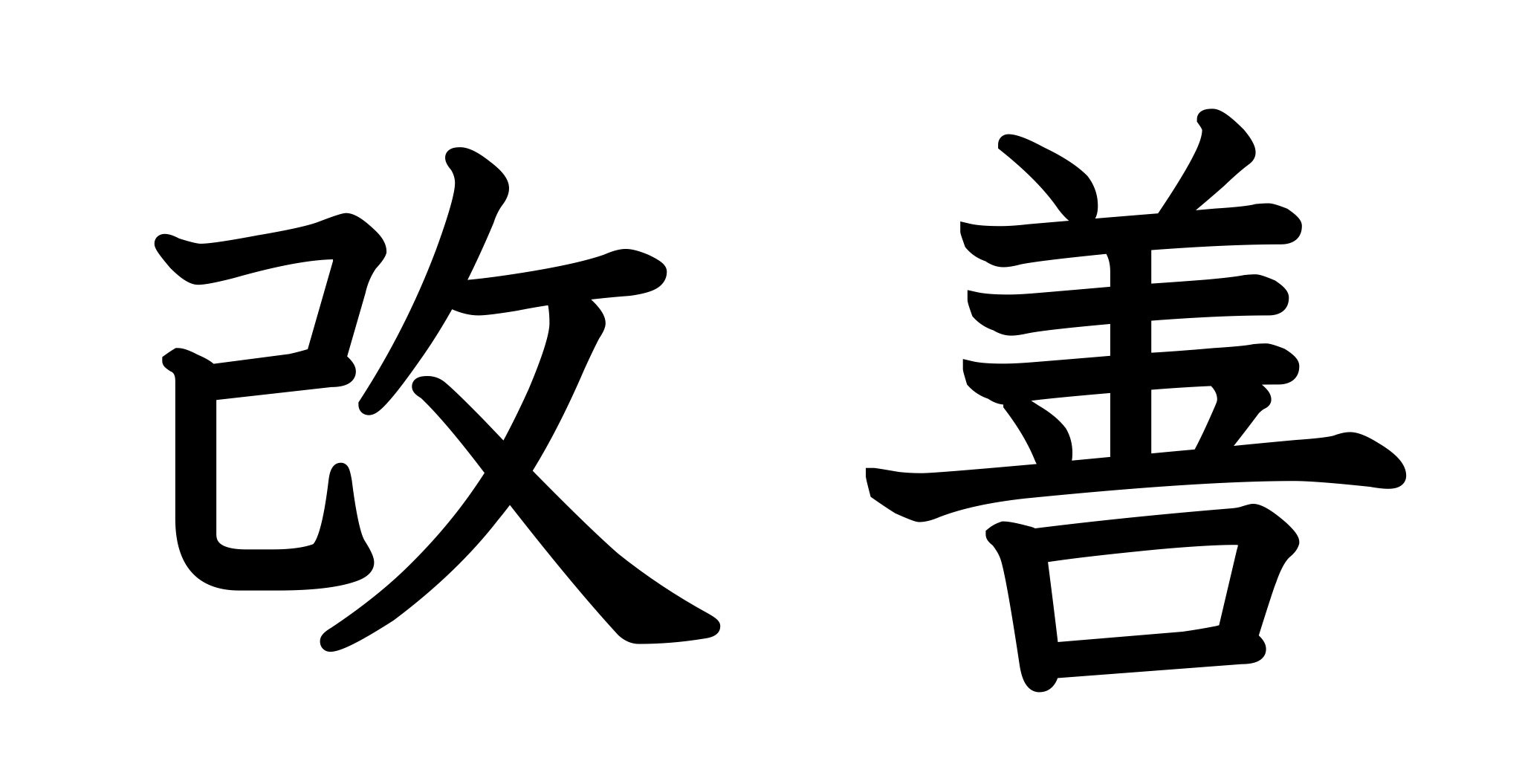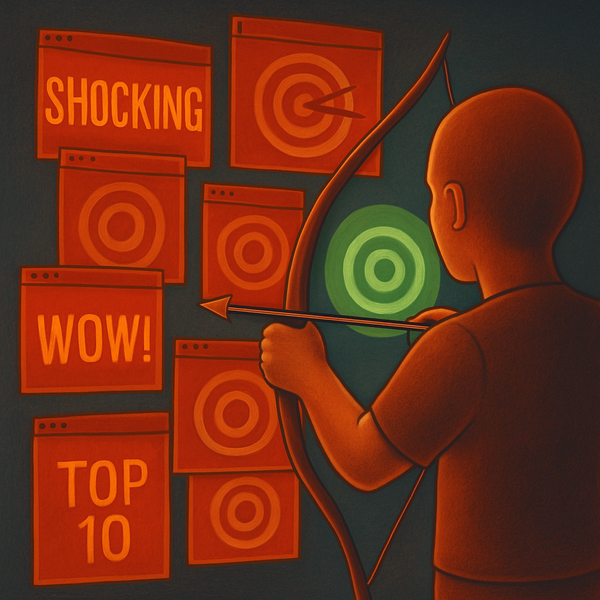Diet (re)Iterated
As Brendon Burchard says, "common sense does not always equal common practice".
The things we claim are obvious, or appear obvious to us, don't always lead to taking the corresponding best action.
Case in point, I know a great deal about nutrition and what constitutes a healthy diet. I have a maxim that I like to live by in this area (and many other areas) in life, which comes from the French philosopher Voltaire, who said that "perfect is the enemy of good".
The best approach is the one you'll stick with, even if it's not 100% optimal.
I'm a firm believer in a low-to-no-carb diet being the optimal one for long term health outcomes, as well as body composition in the short term (read as: looking good naked). However, in some places that can be difficult to adhere to, my current location of Thailand being a great example.
Eating any meal here without rice or rice noodles is akin to heresy. If you want a meal heavy in animal protein, you're going to pay a pretty penny for it. And odds are it's going to be chicken or pork marinated in a sugary marinade, or drowned in a similar style of sauce post-cooking.
And me being the "reasonable, measured person that I am", I respond to this challenge by throwing the baby and the bathtub out with the bathwater, eating whatever I damn well please and saying that I'll make up for it later with a stricter diet once my location is stable again.
But why? Looking at it objectively, the carbs used in Thai food are of the less damaging variety. Rice and rice noodles are fairly low on the glycemic index, and they don't contain gluten or any of the phytonutrients that get in the way of the healthy bits.
Take one of the more common Thai dishes you'll see here, and break it down to it's base ingredients:
-Fish balls (a mix of white fish filets, curry paste, lime rind, and a bit of fish sauce and brown sugar)
-Chicken meat
-A hearty chicken broth
-Some green vegetable that looks similar to green beans
-Bean sprouts
-Rice noodles
-Garlic, ginger, scallions, and other aromatics
That is FAR from the worst thing a person can eat. Rice noodles are actually lower on the glycemic index than plain white rice, which is a fact that I find endlessly confusing. Since rice noodles are made from rice flour, and this type of processing can break the source material down to the molecular level, one would expect the byproduct to produce a higher blood sugar spike and ensuing insulin response.
The only other thing there are bean sprouts, which are essentially a neutral factor. The carbs from them are about 1/3 fiber, and the amount they have is fairly minimal. Also, since they're sprouted the levels of lectins in bean sprouts are dramatically reduced compared to regular beans, so the likelihood of gastrointestinal issues is mitigated as well.
Look at Thai curry, and you see a similar story. Meat and vegetables in a coconut milk broth, with white rice served on the side. It might not be ideal, but it's a far cry from what I've eaten many of my days here, or during my time bouncing around Europe before I arrived.
I guess the main takeaway here is to not let foreign circumstances become an excuse to indulge in gluttonous behavior(and that extends beyond food). Unfamiliar circumstances can lead to the production of stress hormones, which activate the sympathetic nervous system and throw normal decision making processes into disarray.
Instead of responding instinctively, take a step back and calmly assess the situation. If it's an area of life you're even remotely knowledgeable in. then odds are you'll be able to see the best path forward and plan accordingly.


